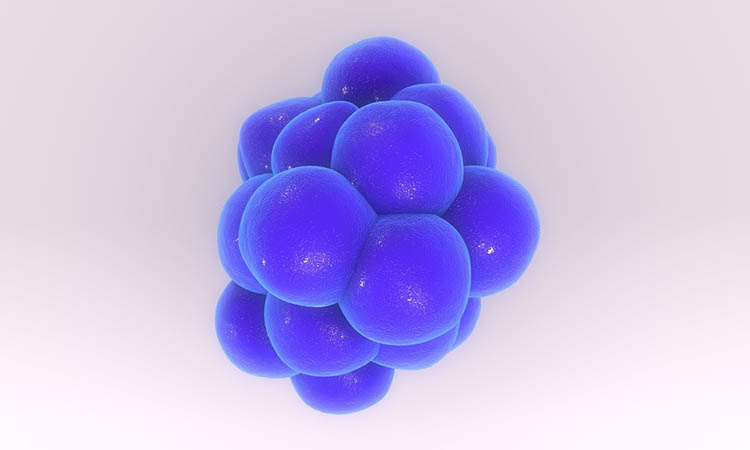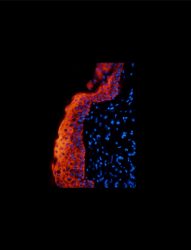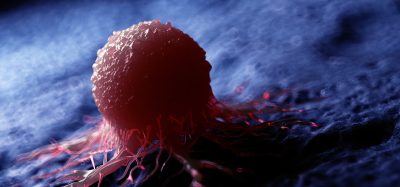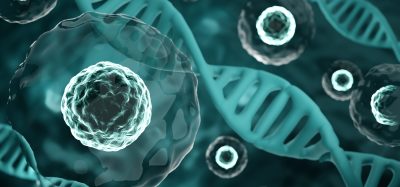Researchers identify potential compound to inhibit inflammation
Posted: 20 November 2020 | Victoria Rees (Drug Target Review) | No comments yet
Researchers have found a compound that can prevent up-regulation of CD14, a key inflammatory protein, in cells.


An team of researchers has uncovered a drug-like compound that blocks a crucial inflammatory pathway, potentially paving the way for a new treatment for a host of diseases – including COVID-19. The researchers discovered the compound could prevent up-regulation of CD14, involved in inflammation. The study was conducted at the Walter and Eliza Hall Institute (WEHI), Australia.
“In a viral disease such as COVID-19, some patients experience excessive inflammation – called a ‘cytokine storm’ – which can lead to hospitalisation or death. Blocking the CD14 pathway can reduce the severity of many diseases and potentially save lives,” said lead researcher Associate Professor Seth Masters. “CD14’s job is to detect infection, helping to drive inflammation to clear a pathogen. But we know that the amount of CD14 increases on macrophages as inflammation progresses, potentially getting out of control, which could lead to worse outcomes for infections or other diseases.”
The team performed a whole-genome CRISPR screen to search for genes that help CD14 levels to rise in myeloid cells. They found many genes that were critical and when they turned these genes off, they were able to prevent an over-expression of CD14-driven inflammation.
Biomarkers aren’t just supporting drug discovery – they’re driving it
FREE market report
From smarter trials to faster insights, this report unpacks the science, strategy and real-world impact behind the next generation of precision therapies.
What you’ll unlock:
- How biomarkers are guiding dose selection and early efficacy decisions in complex trials
- Why multi-omics, liquid biopsy and digital tools are redefining the discovery process
- What makes lab data regulatory-ready and why alignment matters from day one
Explore how biomarkers are shaping early drug development
Access the full report – it’s free!


Researchers have uncovered a drug-like compound that could prevent up-regulation of CD14, a key inflammatory protein [credit: WEHI].
The researchers then screened and validated their hits to identify small molecules that can either increase CD14 expression on non-differentiated monocytes or prevent CD14 upregulation during macrophage differentiation. They found an inhibitor for one of these targets, MAP2K3, translates through to studies on primary human monocytes, where it prevents upregulation of CD14 following M-CSF induced differentiation and pro-inflammation cytokine production.
“If this compound could be developed into a safe and effective drug, it could potentially assist in the treatment of many inflammatory diseases,” said Masters. “The next step in this research would be to see if this drug candidate worked against particular diseases in pre-clinical trials. There is great hope this research will one day be translated into an effective treatment for inflammatory illnesses.”
The discovery was published in EBioMedicine.
Related topics
Drug Leads, Drug Targets, Hit-to-Lead, Lead Generation, Research & Development, Screening, Targets, Therapeutics
Related conditions
Covid-19
Related organisations
Walter and Eliza Hall Institute (WEHI)
Related people
Associate Professor Seth Masters








